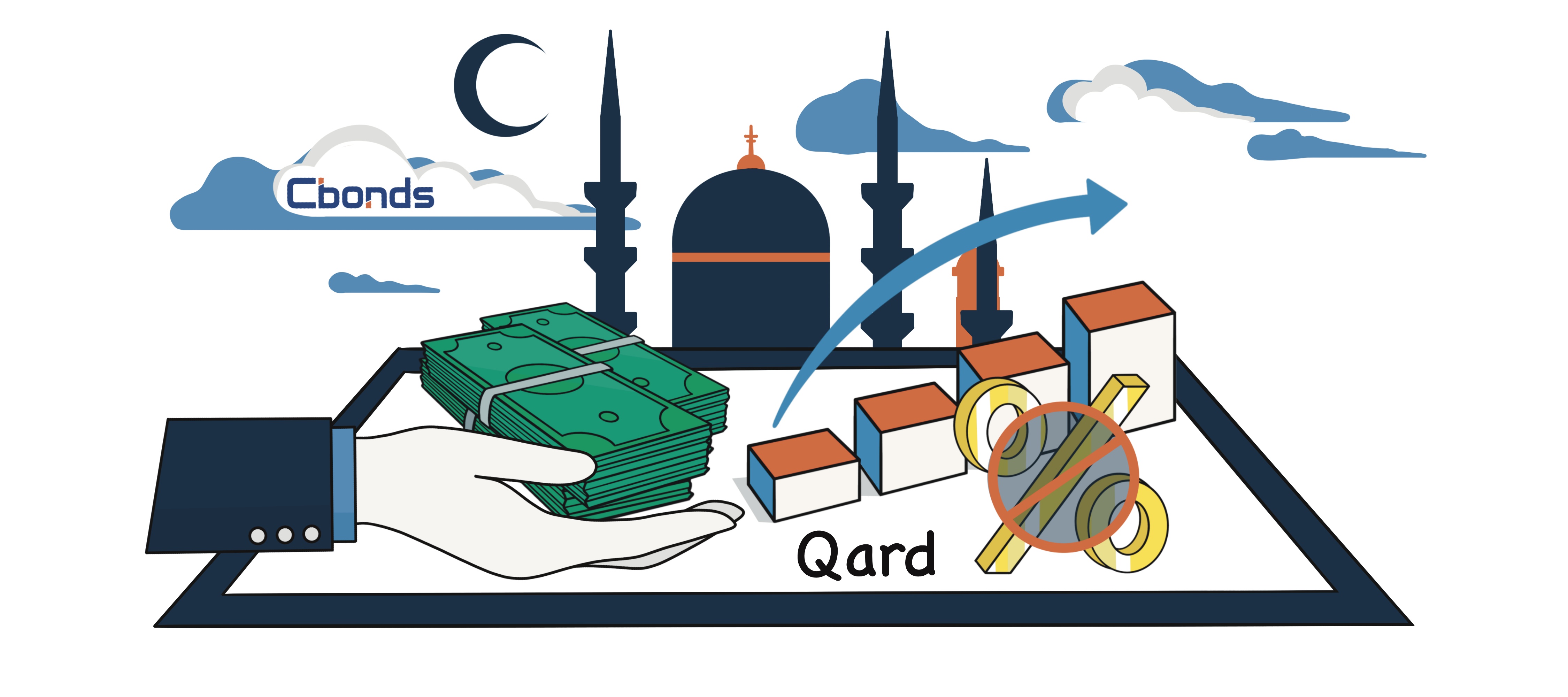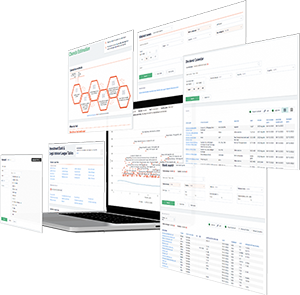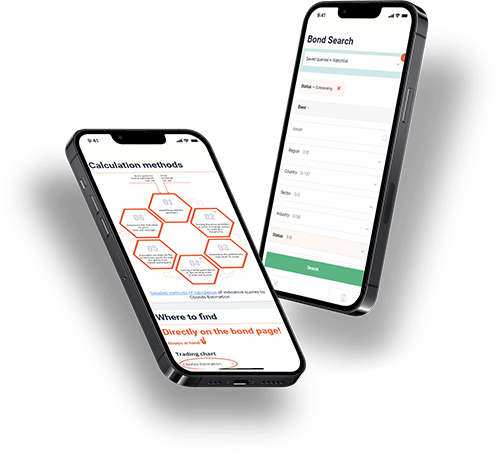By Maksim Zenkov, Head of Indian Fixed Income Market of Cbonds
Updated March 31, 2024
What is Qard?
Qard, derived from the Arabic word "قرض," refers to a unique financial concept in Islamic finance, embodying the principle of interest-free benevolent loans. Specifically, Qard al-hasan, often translated as "benevolent lending" is a form of financial assistance where a lender provides funds to a borrower without expecting any interest in return. The distinguishing feature of Qard al-hasan is the absence of collateral, which makes it a loan extended purely based on goodwill and benevolence. This interest-free loan is granted on a good faith basis, emphasizing the spirit of helping those in need without imposing any additional burden on the borrower.
In Islamic finance, Qard plays a crucial role in fostering social cooperation and addressing financial needs within the community. Unlike conventional loans that involve interest payments, Qard aligns with Islamic principles, aiming to promote economic growth, alleviate poverty, and contribute to the welfare of society. The Quran encourages the practice of Qard al-hasan, considering it a commendable act that reflects a person’s devotion to God by assisting others without seeking personal gain.

Features of Qard
-
No Interest Condition. Unlike conventional loans that accrue interest over time, Qard strictly implies that the borrower repays only the principal amount borrowed without any additional charges.
-
Voluntary Repayment in Excess. Although the lender cannot demand any additional payments apart from the borrowed amount, the borrower has the option to voluntarily repay the loan in excess as an expression of gratitude or goodwill. This is in line with the concept of hibah, where the borrower may choose to give back more than the borrowed sum.
-
Conditions for Qard Contract Validity. For a Qard contract to be valid, both the lender and the borrower must have the complete legal capacity to enter into agreement. The borrowed money should be transferred to the borrower, and the borrower must take possession of the sum for the contract to be considered binding.
How does Qard work
-
Willful Agreement. The process begins with a mutual agreement between a lender and a borrower. Both parties enter into a contract willingly, with a shared understanding that the loan will be provided without any interest charges.
-
Transfer of Ownership. In a Qard arrangement, the lender transfers ownership of the borrowed money or assets to the borrower unconditionally. This transfer ensures that the borrower has full control and usage rights over the funds or assets for the agreed-upon period.
-
Fixed Term Repayment. While Qard is interest-free, it is permissible to specify a fixed term for the repayment. During this period, the borrower is expected to fulfill his obligation by returning the borrowed amount. The lender cannot demand repayment before the agreed-upon term elapses.
-
Completion of the Agreement. At the end of the specified period, the borrower is required to repay the original amount (principal) borrowed. Once the repayment is made, the Qard agreement is considered fulfilled.
Compliance with Islamic Finance Principles
Qard, as an integral component of Islamic finance, aligns closely with the foundational principles rooted in the Islamic faith, particularly those pertaining to commercial transactions. Islamic banking, governed by the tenets of Shariah, draws its principles from the Quran, the primary religious text of Islam. In the context of Islamic finance, transactions, including Qard, must adhere strictly to the guidelines outlined in Shariah, encompassing the legal code known as fiqh al-muamalat, which governs commercial dealings.
Differentiating itself from conventional banking, Islamic banking, including Qard, upholds key principles that reflect the ethical and moral considerations outlined in Islamic teachings. Central to these distinctions is the prohibition of usury (riba) and speculation (maisir), both of which are strictly forbidden by Shariah. Qard, being an interest-free loan, adheres to the fundamental Islamic stance against exploitative lending practices, ensuring that the borrower is not burdened with usurious charges.
Moreover, Qard aligns with the broader principles of Islamic finance, which prohibit investments in businesses engaged in activities deemed haram (forbidden), such as the production and sale of alcohol or pork. Additionally, the prohibition of speculation (maisir) and the avoidance of contracts with excessive risk or uncertainty (gharar) are integral aspects that guide Islamic financial transactions, including Qard.
Comparison with Conventional Loans
-
Interest-Free Nature. A conventional loan typically involves the repayment of the principal amount along with interest, representing the cost of borrowing. Qard al-hasan is an interest-free loan where the borrower is obligated to repay only the principal amount borrowed, aligning with Islamic principles that prohibit usury.
-
Benevolence and Charity. A conventional loan is primarily a commercial transaction with interest serving as compensation for the lender. Qard al-hasan emphasizes goodwill and charity, reflecting the humanitarian aspect of financial assistance in Islamic finance. It also encourages social cooperation and support within the community.
-
Collateral and Guarantees. Conventional loan often requires collateral or guarantees to secure the loan and mitigate the lender’s risk. Qard al-hasan does not involve collateral, as it is rooted in trust and benevolence rather than in a commercial risk-management approach.
-
Islamic Principles. Conventional loan operates within the framework of secular financial systems. Qard al-hasan adheres to Islamic principles, avoiding usury and promoting ethical, interest-free financial transactions.
Bond Screener
Watchlist
Excel Add-in
API





















